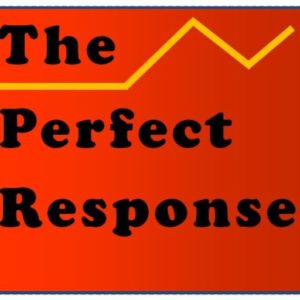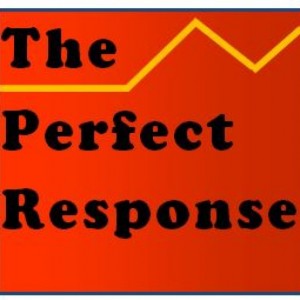An age-appropriate accounting of the multiform American experience is an educator’s duty.
These days a possible run for the Presidency means becoming the voice of widespread grievances held by potential voters. It’s a bit too early to know, but Governor Ron DeSantis’ and Florida’s legislative leaders seem to have mapped a path that includes taking on the educational establishment. There appears to be no end to the state’s interest in laying down curriculum rules distinctly at odds with best practices known to schools of education, teachers, librarians and curriculum specialists. An age-appropriate accounting of the multiform American experience is an educator’s duty. But the Governor seems to favor gag orders that omit inclusion of all of the state’s citizens. Among other goals, he wants newer but widely accepted representations of gender off the table in most school classrooms. In addition, DeSantis has replaced a university president and most of its board with fellow social conservatives, demanded the removal of “inappropriate” library books, disallowed a high school AP African American Studies course, and is attempting to dismember various diversity initiatives. He clearly prefers narratives that pull us back to the less aware years of the last century, when homosexuality was mostly not acknowledged, or insights about social injustice were limited to a few heroic figures. And forget about introducing students to what we now understand are the many sources of systemic bias. He treats this aspect of organizational life as if it were mere speculation rather than settled social science fact.
Here’s the thing. Building a description of anything in everyday language is not a neutral act. The vast and largely accepted literature in the Sociology of Knowledge reminds us that narrative cannot help but come from perspectives shaped by the particular experiences and values of a given community. Narratives evolve with shifting preferences. The question is less if there is a perspective, but which ones are in play at any one time. These systemic preferences—some harmless and some pernicious—are built into the rhetoric of human communities.

To progress beyond these limitations requires awareness. Going the other way to denial leads us to banning rhetoric if it is “woke,” meaning that they may consider newer narratives that acknowledge more fluid definitions of gender, racial discrimination, or the situational ethics of the founding fathers. All are unsettling to anyone who mistakenly understands learning as a static enterprise dealing with “knowns” that are oversimplified into immutability. And so it follows that if a student is made to feel uncomfortable through discussion of a specific topic like the many form of the American family, a teacher is presumably supposed to retreat to some safer topic. Ditto for any topics touching on gender identity in the early elementary grades.
How does all of this look like in the classroom? One teacher in Palm Beach County recently changed her plans for a discussion about the first American woman to fly in space to omit the fact that Sally Ride was a lesbian. The teacher feared for her job if that detail was included. The same frightening logic is evident in the recent decision of a Florida College to cancel a scheduled appearance of the U.K.’s renowned King’s Singers. Someone discovered that a member of the acapella group was gay.
This land of swamps may have even more than it knows.
To be sure, no one wants to expose children to more than they can comfortably understand. And Ron DeSantis has imposed more gag rules on teaching professionals than the courts may accept. But hate bills against a lot of groups are fouling the very idea of education in the Sunshine State.
We can hope we have less to fear than we think from doctrines that pretend not to see. As Communication Theorist Marshall McLuhan once noted, school is a place where children can ‘take a break’ from their education via the mass media. For better or worse, our social and public media are infused with contemporary attitudes that are easily absorbed. And there are alternate ways for children to find their way to understanding the nature of social relations, even if they start with unfairly branded books like Todd Parr’s The Family Book, or Justin Richardson’s and Peter Parnell’s And Tango Makes Three.
![]()



